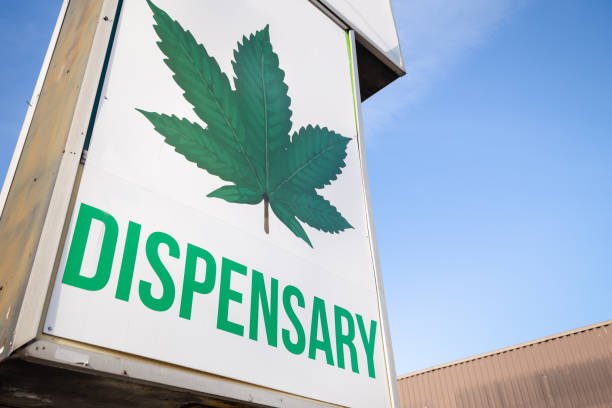The signing of the bill that will regulate hemp products will place local businesses that rely on those sales in jeopardy.
Gov. Kay Ivey
Gov. Kay Ivey signed HB 445 on Wednesday evening. It authorizes the Alabama Alcoholic Beverage Control Board to regulate all hemp products, including delta-8, delta-9 and delta-10, through the licensure of manufacturers, wholesale distributors and retailers, including grocery stores under certain conditions.
The bill bans the sale of smokable hemp products and synthetic cannabinoids, allowing only edibles/beverages limited to 10 mg of THC per serving.
Retailers hoping to sell hemp products would need to pass a criminal background check and obtain a license from the ABC Board with an annual fee of $1,000. They would face steep penalties for any violations.
Online sales would be prohibited, as well as on-premises consumption, placing local businesses like the Avondale Apothecary in jeopardy.
“I feel that it will destroy the hemp industry here in Alabama,” said Joe Resha, CEO of the Apothecary dispensary. “The only thing we’ll be able to sell will be ten-milligram drinks, ten-milligram edibles that are individually packaged; everything will have to go. There will be no more on-site consumption, there’ll be no more deliveries, no more e-commerce.”
Resha says 90 percent of his business will be affected.
“We put our hearts and souls into building this safe place for our community here: getting people off the black market where they are able to get tested products; they know exactly what they’re getting here versus going on the black market,” he said.
Birmingham Mayor Randall Woodfin urged Gov. Ivey to veto the bill, saying that it would drag the state back to “an era of cannabis criminalization, overregulation, and lost opportunity.”
“By limiting access to legal hemp products, burdening small businesses with excessive restrictions, and imposing punitive taxes, this bill doesn’t just regulate — it criminalizes,” Woodfin said. “It locks out entrepreneurs, particularly Black and brown business owners who are often first to be policed and last to get licensed. It creates barriers where we should be building bridges — to opportunity, to equity, and to public health solutions that actually work. Alabama should be investing in the future of this industry — not regulating it into irrelevance.”
The new regulation will also affect those who use hemp products for medicinal purposes.
“There’s a reason why we’ve had rheumatologists and oncology doctors; people from every end of the medical side sending people to us for years now,” said Jenni Otwell, founder and CEO of Magic City Organics.
The bill will take effect on July 1, 2025. Businesses must be fully compliant by Jan. 1, 2026.
By Taylor Lang | WVTM MONTGOMERY — The signing of the bill that will regulate hemp products will place local businesses that rely on those sales in jeopardy. Gov. Kay Ivey signed HB 445 on Wednesda… Read More


